Blockchain Wallet vs Bank Card: A Comprehensive Comparison for Modern Users
December 2, 2024
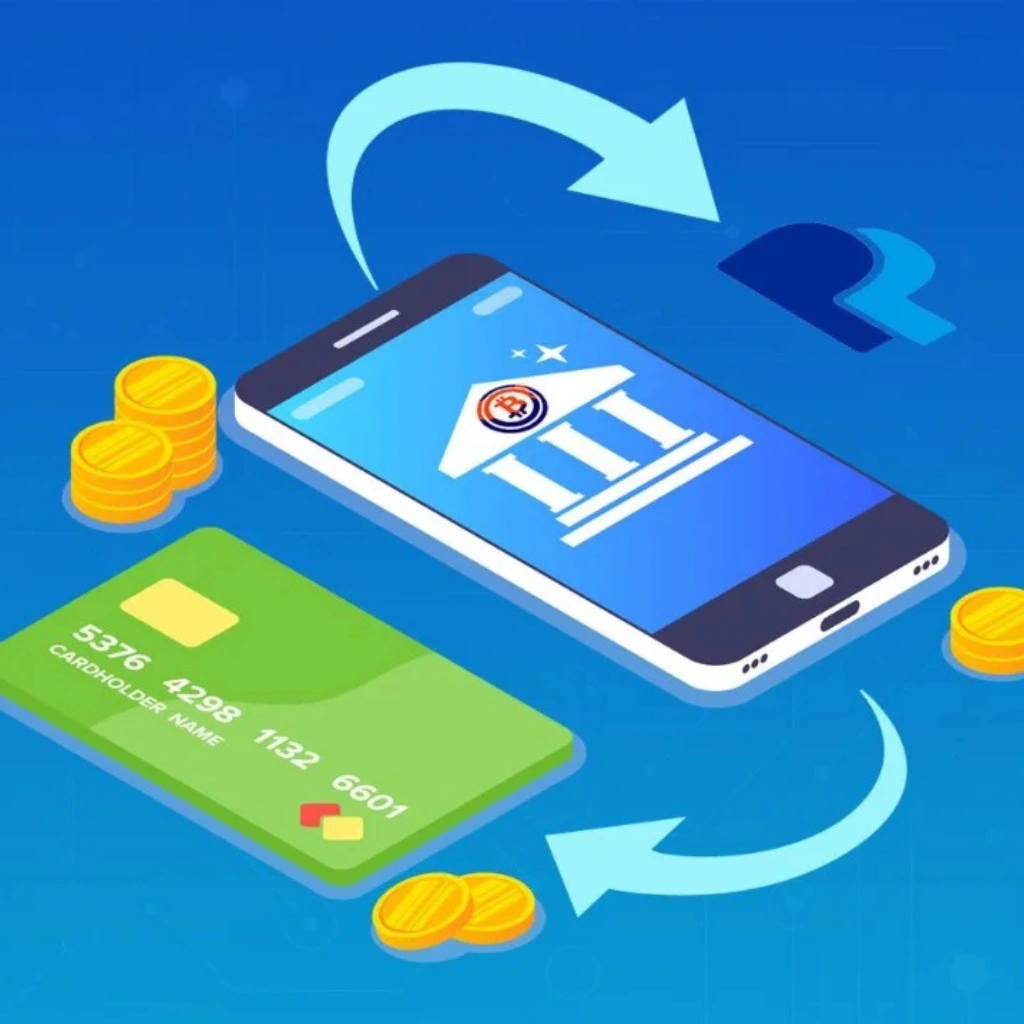
Blockchain Wallet vs Bank Card By Charly
The financial landscape is evolving rapidly, with blockchain wallets and traditional bank cards vying for dominance. As digital transactions become the norm, consumers are left wondering: Which payment method truly offers the best security, speed, and convenience?
This in-depth comparison examines the key differences between blockchain wallets and bank cards—helping users navigate an increasingly complex financial ecosystem.
Blockchain Wallet vs Bank Card: Understanding the Core Differences
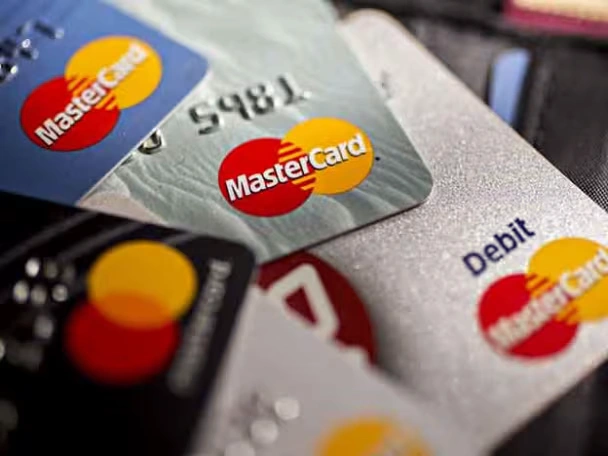
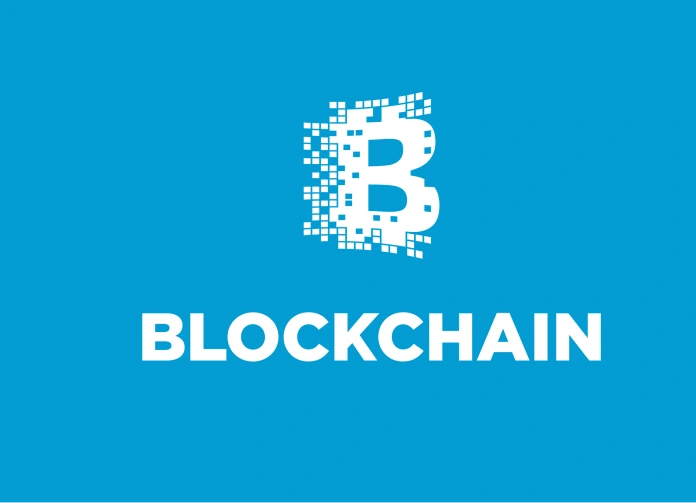
A bank card—whether debit or credit—remains the backbone of traditional finance. Issued by regulated institutions, it offers familiarity and widespread acceptance. However, critics argue that legacy banking systems are slow, fee-heavy, and reliant on intermediaries.
In contrast, a blockchain wallet operates on decentralized technology, enabling peer-to-peer transactions without banks. Proponents highlight its speed, lower cross-border costs, and resistance to censorship. Yet, volatility and limited merchant adoption remain hurdles.
“The choice isn’t just about technology—it’s about control versus convenience,” says financial analyst Mark Chen.
Blockchain Wallet vs Bank Card:: Security- Trust in Banks vs Self-Custody Risks
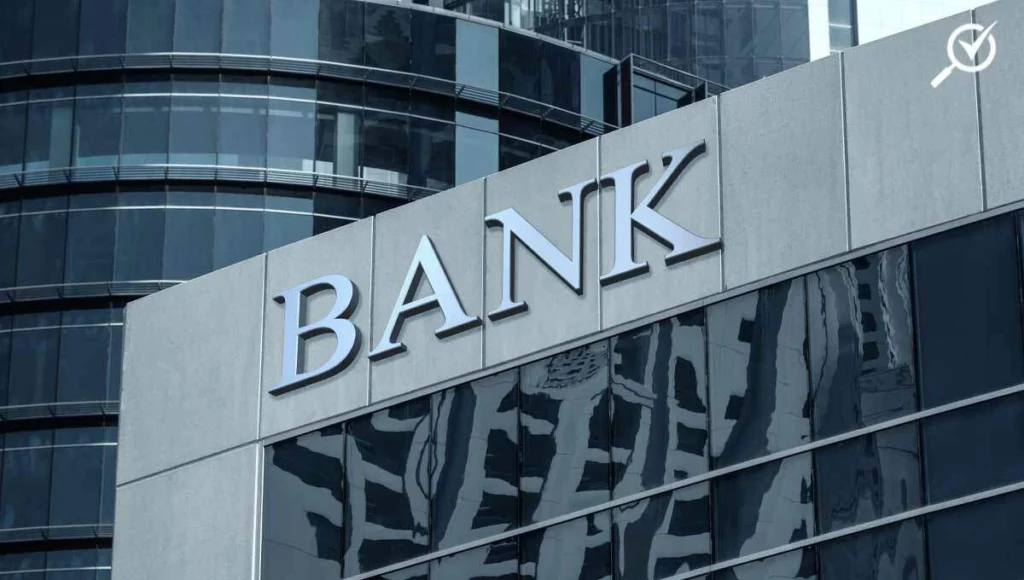

Bank cards benefit from fraud protection, chargeback options, and FDIC insurance (in the U.S.). However, centralized databases make them targets for large-scale breaches—like the 2017 Equifax hack affecting 147 million consumers.
Blockchain wallets eliminate third-party risks but place full responsibility on users. Losing a private key means irrevocable loss of funds—a stark trade-off for autonomy. According to Chainalysis, an estimated 20% of all Bitcoin is lost forever due to misplaced keys.
Verdict: Bank cards win for user-friendly safeguards, while blockchain appeals to those prioritizing sovereignty.
Blockchain Wallet vs Bank Card:: Fees- Hidden Charges vs Transparent but Unpredictable Costs
Traditional banking is notorious for fees—foreign transaction charges (up to 3%), ATM withdrawals, and overdrafts cost Americans $11 billion annually (CNBC).
Blockchain transactions avoid bank fees but face “gas fees” (Ethereum) or exchange spreads. Cross-border transfers can be cheaper—unless crypto price swings erase savings.
“For frequent international users, blockchain often wins—but daily spenders may prefer cards,” notes fintech reporter Sarah Lim.
Speed: Instant Swipes vs Network-Dependent Transfers
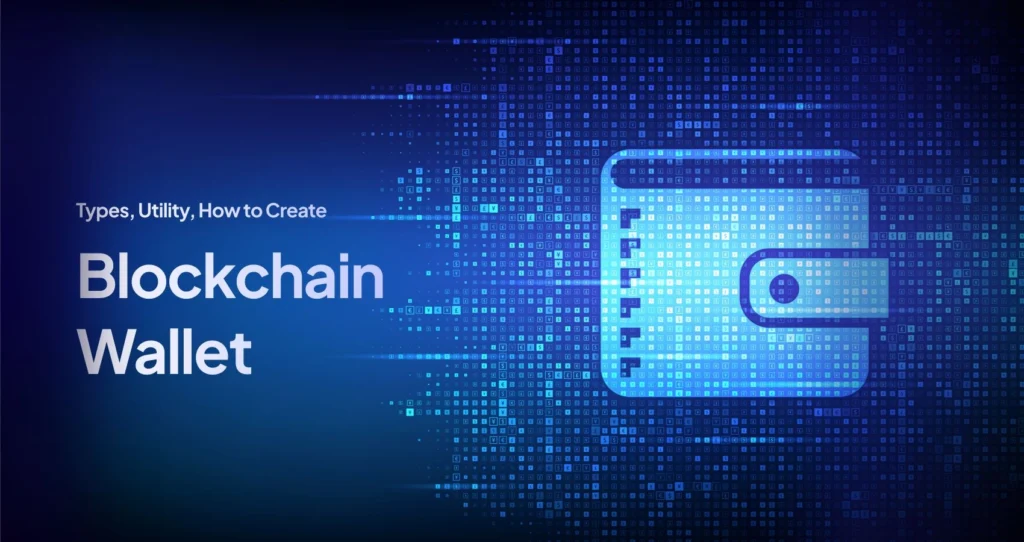

Bank card transactions settle instantly at points of sale. However, bank-to-bank transfers can take 3-5 business days—a pain point for businesses.
Blockchain transactions vary: Bitcoin averages 10 minutes per confirmation, while Solana processes 2,000+ transactions per second. Yet, congestion (like Ethereum’s $200 gas fees during peaks) can cripple efficiency.
Adoption: Universal Acceptance vs Niche Utility
Bank cards are accepted at 90% of global merchants (Visa). Cryptocurrency? Just 15,000+ businesses worldwide (CoinMap)—mostly tech-forward or gray-market vendors.
However, blockchain unlocks Web3 ecosystems: DeFi lending, NFT marketplaces, and play-to-earn games—areas where traditional finance lags.
The Bottom Line: A Hybrid Approach Emerges
Experts suggest a pragmatic mix:
- Bank cards for day-to-day reliability.
- Blockchain wallets for international transfers, investments, and Web3 access.
“This isn’t a winner-takes-all battle,” says economist Dr. Elena Torres. “The future lies in interoperability—bridging old and new systems.”
As regulations evolve (see the EU’s MiCA framework), the blockchain wallet vs bank card debate will intensify. For now, users must weigh priorities: convenience or control?
Key Takeaways
- Security: Bank cards offer recourse; blockchain demands self-reliance.
- Fees: Blockchain wins for cross-border; cards dominate local spending.
- Speed: Blockchain is faster—when networks cooperate.
- Use Case: Cards for groceries; crypto for innovation.
Which side are you on? Share your thoughts with #CryptoVsBanks.
Relevant News: HERE

